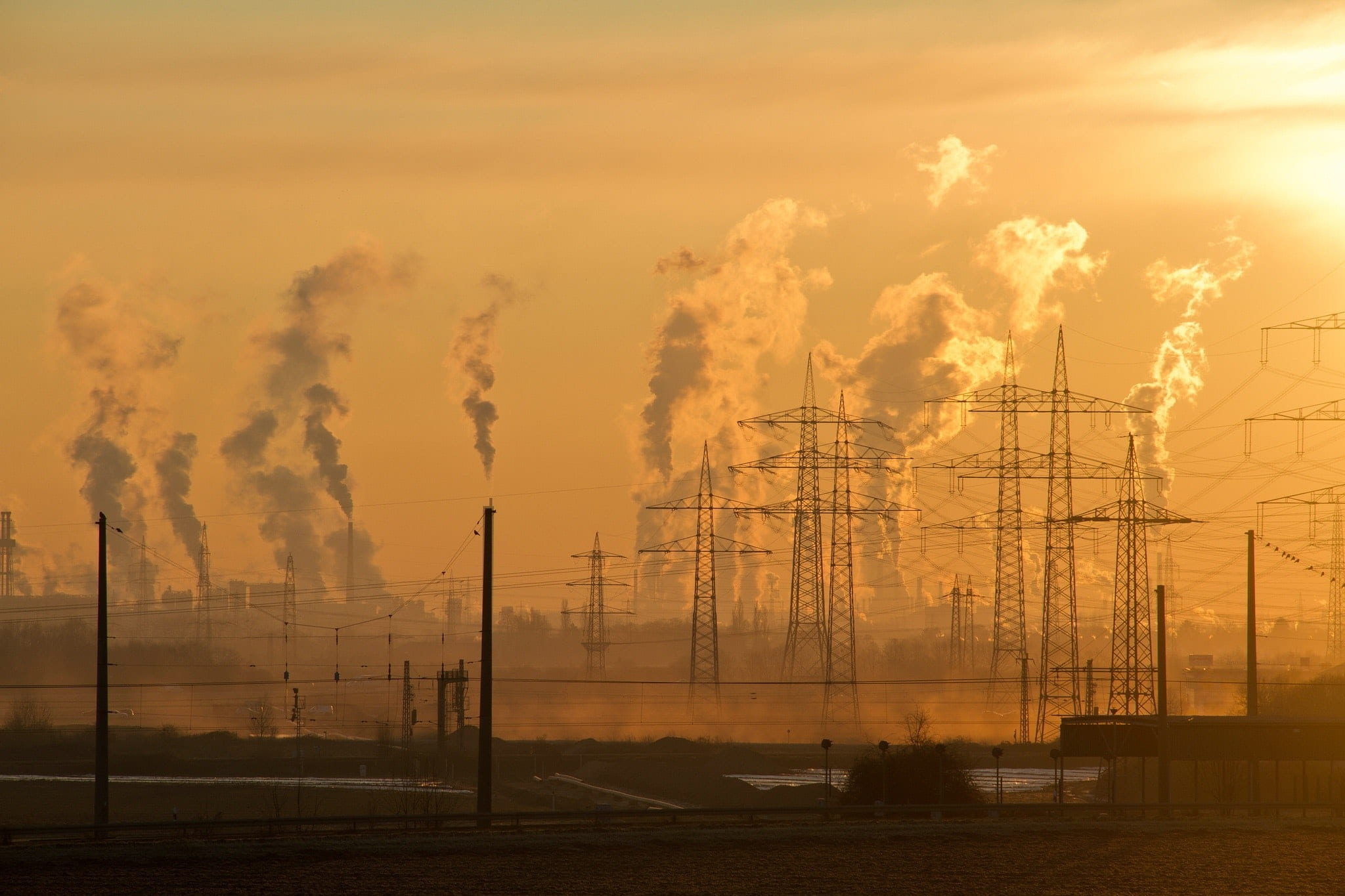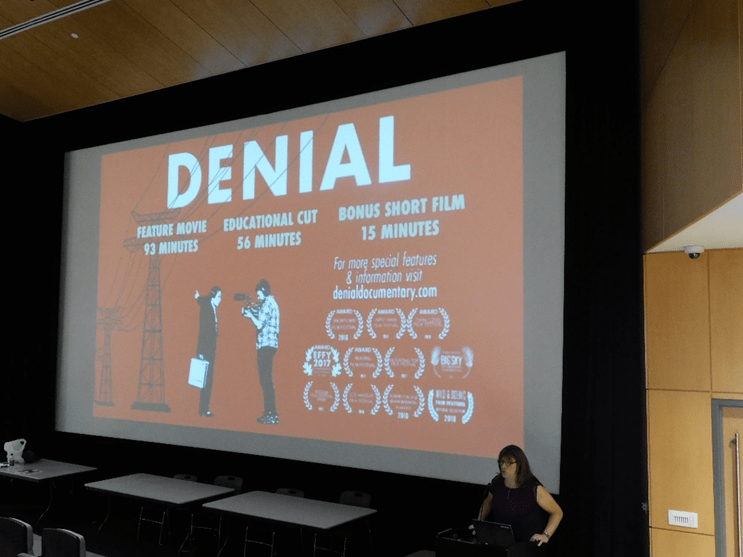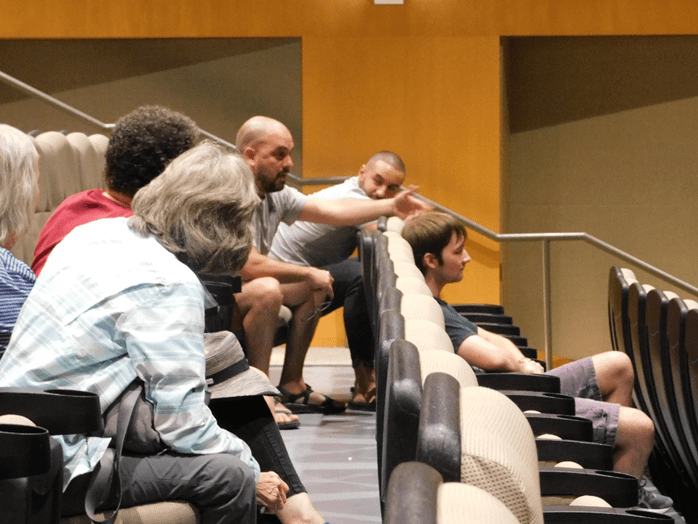
On Saturday, September 21st, 2019, the Institute of Human Rights co-sponsored an event with Alabama Young Democrats that featured former Vermont gubernatorial candidate Christine Hallquist. Hallquist’s visit to UAB focused on a screening of her released documentary “Denial” which covers her time as the CEO of Vermont Electric Cooperative while she advocated for sustainable energy and processed her gender identity.
Upon announcing her 2018 gubernatorial campaign in Morrisville, Hallquist officially became the first openly transgender major party nominee for governor. Her campaign focused on increased broadband access, universal healthcare, and an aggressive stance on climate change. After winning the Democratic nomination, she ran against incumbent Phil Scott and gained over 40% of the popular vote. Though losing the gubernatorial campaign, Hallquist continues to be an activist addressing climate change and being a fighter for all those experiencing discrimination or fear based on gender identity.
“Denial” details the life of Christine Hallquist, discussing two major issues, her gender dysphoria (as David in the film) and the increasing threat of climate change in people’s lives. As the CEO of Vermont Electric Cooperative, Hallquist pushed to promote cleaner methods to produce energy, such as wind turbine farms, solar energy, and smart meters. The movie also explores Hallquist’s transition into womanhood through the lens of her son, Derek, who struggles to accept that his father has transitioned into a woman. Asked by her son as to why she didn’t speak out earlier in life, Hallquist responds by explaining how if she were truthful at 15, she would be placed in a mental institution. If she were truthful in her 20s, then she wouldn’t be married nor have any children. She then spoke about her dream, which was to “spend every waking moment as a woman. But if I went to work in a dress,” she says, “I would be unemployed.” These sentiments speak to the barriers trans people face as they navigate their daily lives.

During the film’s Q&A session, an audience member asked Hallquist what she has done since leaving Vermont Electric Cooperative. She said she became aware that action would be needed at the executive level in order to induce change and propel Vermont to employ cleaner energy practices; by realizing the severity of the crisis, she transitioned from being perceived as a centrist to that of a staunch progressive. As a result, she wrote the North American Solution to Climate Change, which detailed ways in which the climate crisis could be hindered in favor of saving the Earth. She claimed we are “fighting for the future of this country” and that we have to “collaborate across the world to solve the problem. We need to learn how to work with each other!”

Does it take effort and a willingness to accept change in order to make a difference? That is a question that each one of us must answer. Looking at the future, should we all push towards climate action like Hallquist? Or should we take a step back and plan our movements to avoid being too rash? Hallquist raised an interesting point when she claimed that we as humans are not very well used to change. We decide much of the time to stick with tradition and avoid getting out of our comfort zone. Rather, we should embrace change and grow with our own experiences. We can start by teaching ourselves to challenge what we know about gender as well as to learn more about the impacts of climate change. These issues are imperative to upholding our basic human rights because all people deserve to live in a healthy, safe, and welcoming environment.
